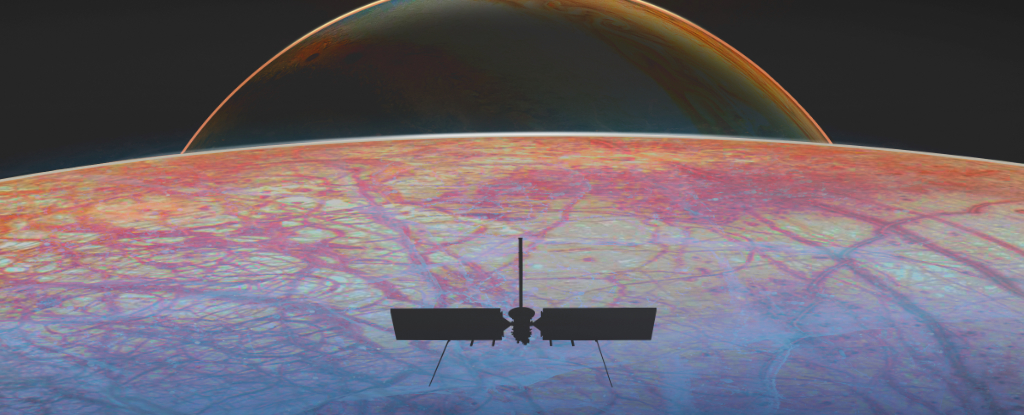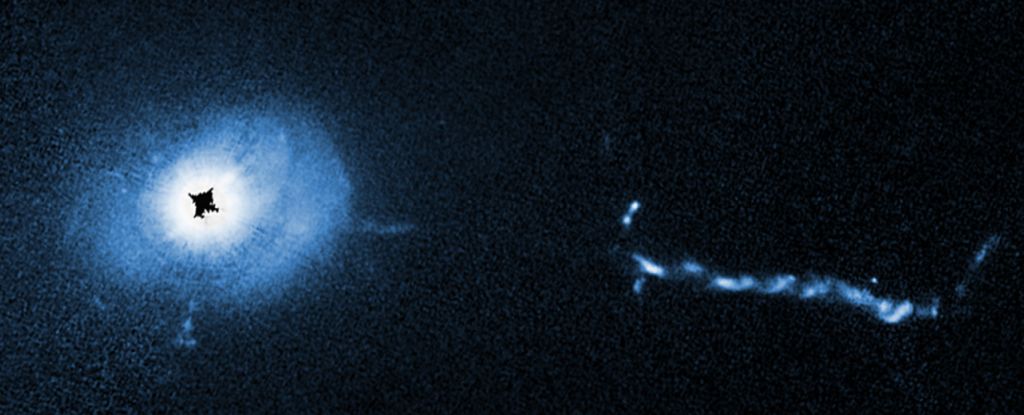Intestines suffer a lot of wear and tear in their daily service to digestion, requiring constant renewal of their lining. This growth of the gut’s wall hints at underlying pathways distinguishing beneficial regeneration from the rampant reproduction of a tumor.
By trawling through databases of RNA sequences based on models of intestinal damage, a team of researchers led by scientists from the Karolinska Institute in Sweden has identified a molecule that does double duty as a gut tissue healer and a cancer tumor suppressor – a promising super-agent in fighting disease.
Known as liver X receptor (LXR), the protein’s activity could reveal new ways to both treat inflammatory bowel disease (IBD) and block colorectal cancer.
There are close links between these seemingly distinct health issues. Treating IBD by encouraging tissue growth can also encourage cancerous cell tumor growth, while treating bowel and rectal cancers with chemotherapy and radiotherapy often damage tissues lining the gut.
“It’s virtually impossible to promote tissue regeneration without the risk of inducing tumour growth, as cancer cells can hijack the body’s natural healing processes and start to grow uncontrollably,” says Karolinska Institute stem cell biologist Srustidhar Das.
“We’ve now identified a molecule that can help the intestines to heal after damage while suppressing tumour growth in colorectal cancer.”
The molecule was found during an investigation into new treatments for IBD. The researchers noticed a number of specific genes activating during gut repair in mice and driving cell regeneration – genes controlled by the LXR protein.
Through careful genetic analysis techniques – including transcriptome mapping using RNA databanks and spatial transcriptomics – the team mapped the regulation of gene expression in intestinal epithelial cells. They also used 3D organoid samples, scaled-down human tissue replicas, to study the effects of LXR in the lab.
The analysis of LXR showed it acting like a biological switch, turning on the production of a molecule called amphiregulin that helps grow new intestinal cells. When faced with cancer, though, it assists the immune system in limiting tumor growth.
“The discovery of both these functions was astonishing,” says Karolinska Institute immunologist Eduardo J. Villablanca. “We now need to study how LXR controls tumor formation more closely.”
People affected by IBD, including those with Crohn’s disease or ulcerative colitis, are often given immunosuppressants to damp down the inflammation caused by the immune system overreacting – but these are only effective for a subsection of patients, and can have unwanted side effects.
The researchers are hopeful that further studies of LXR can improve the targeting of treatments, though any actual drug development is still a long way off.
“This new therapeutic molecule has the potential to treat not only IBD patients but also cancer patients to prevent chronic bowel disorders after radiotherapy and/or chemotherapy,” says Villablanca.
The research has been published in Nature.





